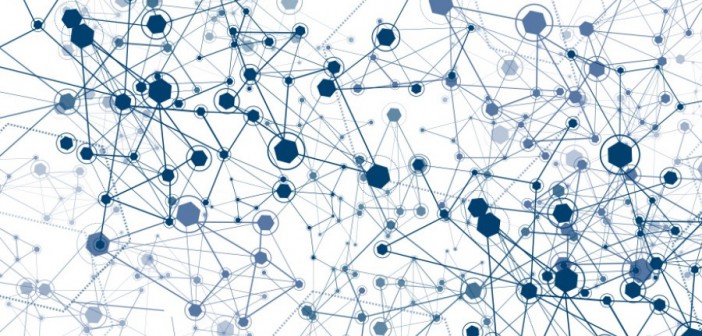In a webinar with the Direct Marketing Association, Alex Timlin, our Head of Client Success at Emarsys, talks us through how technology is not a threat, but an invaluable resource to marketers.
Marketers used to rely on human intelligence, and small data sets, to engage with their customers. Today, however, they are almost paralyzed by the sheer volume and variety of data available to them, making it near impossible to process without the support of technology.
The past few years presented a bright opportunity to the marketing world; creative freedom and increased profit to all marketers who used marketing technology. With this opportunity came an eerie concern: “If technology has already replaced the human administration of marketing campaigns, is it capable of replacing the human marketer altogether?”
How technology is already outperforming human experts
When it comes to quantitative analysis and number crunching, technology is your best friend if you’re working with it, but your worst enemy if you’re competing against it. Technology is quicker and more accurate than humans, and its conclusions cannot be swayed by personal or emotional bias.
“The practical conclusion is that we should turn many of our decisions, predictions, diagnoses, and judgements, both the trivial and the consequential, over to the algorithms. There’s just no controversy any more about whether doing so will give us better results.” Paul Meehl, psychologist, on 60 years of research into Human ‘Experts’ vs. Algorithms
In the past few years, technology has repeatedly outperformed human experts, who have spent their lifetimes perfecting their knowledge and experience in their respective fields. Statistician Nate Silver created an algorithm that predicted the results of the 2012 US election with 100% accuracy in every voting state. Meanwhile, in the medical industry, Stanford Medicine trained a computer to identify the life expectancy of a cancer patient, which outperformed the accuracy of the best experts in the field. Is this error due to compassion for the patient? Wariness of giving too much hope? A fear of crushing their patient?
Why humans will remain fundamental to marketing
We’re not living in those futuristic sci-fi movies just yet! Machines are obedient, we tell them what to do and how to behave, but they have no mind of their own, and they certainly don’t have the emotional intelligence to connect with a human like you do.
Machines don’t know what’s “hot” and what’s not
Film merchandising is a perfect example of this; a machine remains unable to accurately predict which film character a particular individual will want printed on their clothing, based on a pair of jeans they bought last summer. Human experts use a mixture of their own emotional intelligence and analytics to predict this. Some human likes and preferences are inexplicably qualitative and random. They are often not defined by relative categories, but rather by arbitrary and unscientific attributes, the sum of a life of irreproducible experiences and the memories that remain. This makes such a prediction unattainable for a machine.
Angela: a furniture brand that supplies 35-50 year-old housewives with bed linen and furniture for their entire families. Creative human beings have combined their own intelligence with popular culture statistics to identify which words and characters should be printed on bed linen. In this case, they have decided that someone who likes emoji icons on linen will likely adore The Minions, too.
Machines don’t have a heart
Have you run a Turing test on your email recently? You probably don’t have to be that rigorous about it. You may not know how, but you can recognize even the most well-crafted automated email. What’s the tell? It might be the words used, the grammar, or even the spacing, but somehow you just know it’s a machine. Somehow, we understand the emotional constraints of technology, and this makes you invaluable to communication with your audience.
How marketing technology is designed to support you
From the invention of the wheel in the early Bronze Age to GPS navigation in 1960, we’ve always built technology to enhance our performance with less effort. Now, technology has turned its attentions towards marketing; to maximize profit from personalized automated messaging, and to free up your time to create and analyze your best ever marketing strategies.
In fact, marketing technology is doing the “grunt work” of your marketing processes, like segmenting your customers and prospects and targeting them with content that is contextually relevant to them at a particular time. This leaves you the opportunity to turn your attention back to the arts of persuasion, and to engage with your customers on an emotional level that a machine simply can’t.
Technology is not designed to replace you, it’s designed to support you. Once you understand how to leverage technology, you’ll join the most successful and profitable brands. For more information on how Man and Machine should work together toward ultimate personalization, check out Alex Timlin’s webinar.





